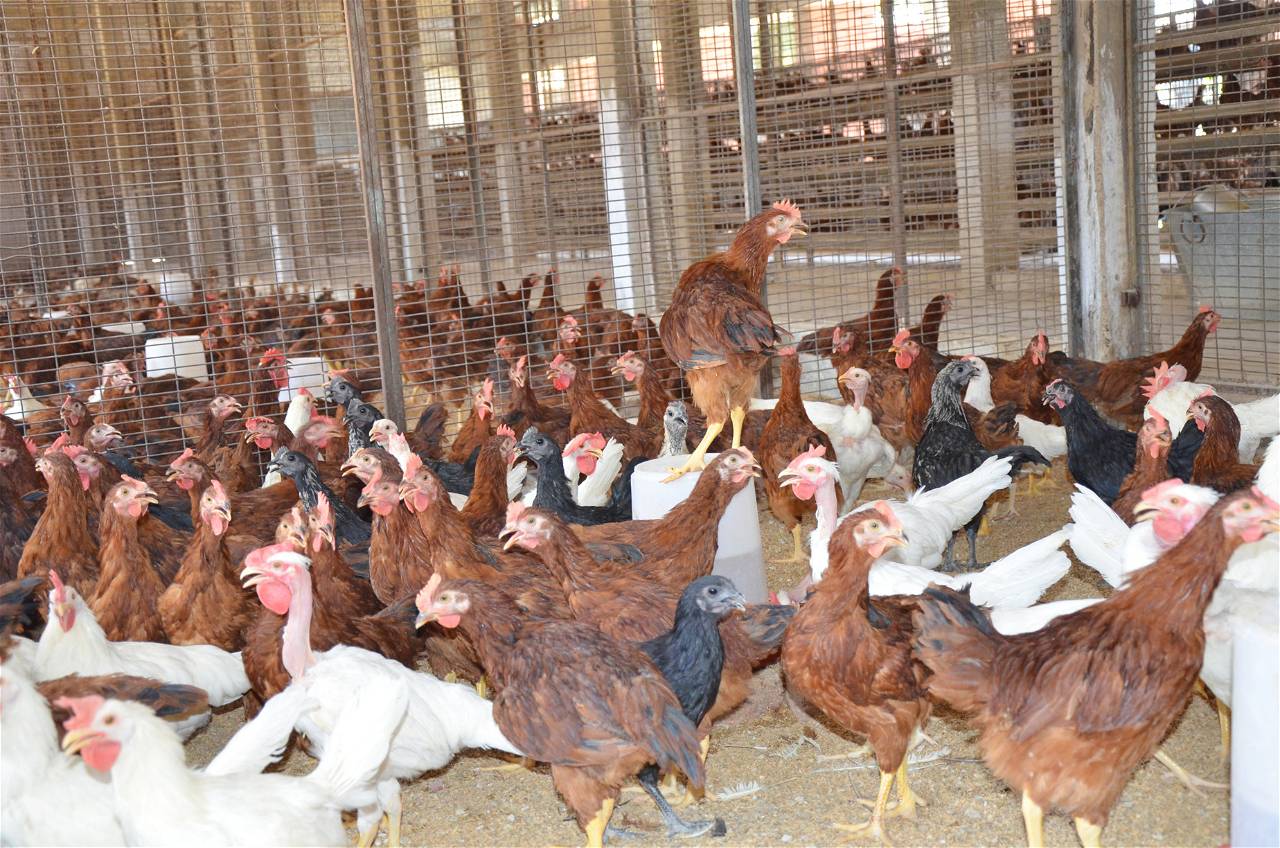
Amid the ongoing Coronavirus crises in the country, Bird flu, another problem has already hit several states of India including Punjab. However, there is no report of bird flu in Punjab but still poultry farmers need to be more vigilant.
What is bird flu?
Bird flu is a bird’s disease, caused by Avian Influenza Type A virus, which could affect several kinds of birds including wild birds, turkeys, quails, chicken and ducks etc. Virus is shed in the faeces, nasal discharges & saliva of infected birds. Healthy birds become ill when they come in contact with the infected or reservoir birds or their secretions or contaminated feed, water or equipment.
Hardly ever this disease transmits from birds to humans. But, the persons working in close contact of birds must follow proper personnel hygiene and safety measures.
Director of School of Public Health and Zoonoses, Guru Angad Dev Veterinary & Animal Sciences University, Dr Jasbir Bedi said that people must thoroughly cook poultry and poultry products (including eggs) before consumption. Proper cooking on more than 70° C kills influenza viruses. Farm to farm transmission generally occur through the movement of the live birds, people & contaminated vehicles, equipment etc. Entry of person or vehicles in the poultry farm must be regulated.
Assistant Professor, School of Public Health and Zoonoses, Dr Rajnish Sharma said, “One should inform the local veterinarian, in case he/she come across something aberrant, for example death of wild or migratory birds in the vicinity of the farm”.
Don’t handle dead birds with bare hands. Dispose of the dead birds carefully under the guidance of local veterinarians, either by burning or burying in a pit. While disposing them of, one must wear mask, gloves and safety goggles. If gloves not available, use an inverted polythene bag & wash your hands after the disposal.
Open water troughs or farm tanks must be covered in order to avoid the fecal contamination by wild or migratory birds.
Trees in the farm or near its boundary should be pruned. Other measures include maintaining poultry farm sanitation and avoiding introduction of birds of unknown disease status.










